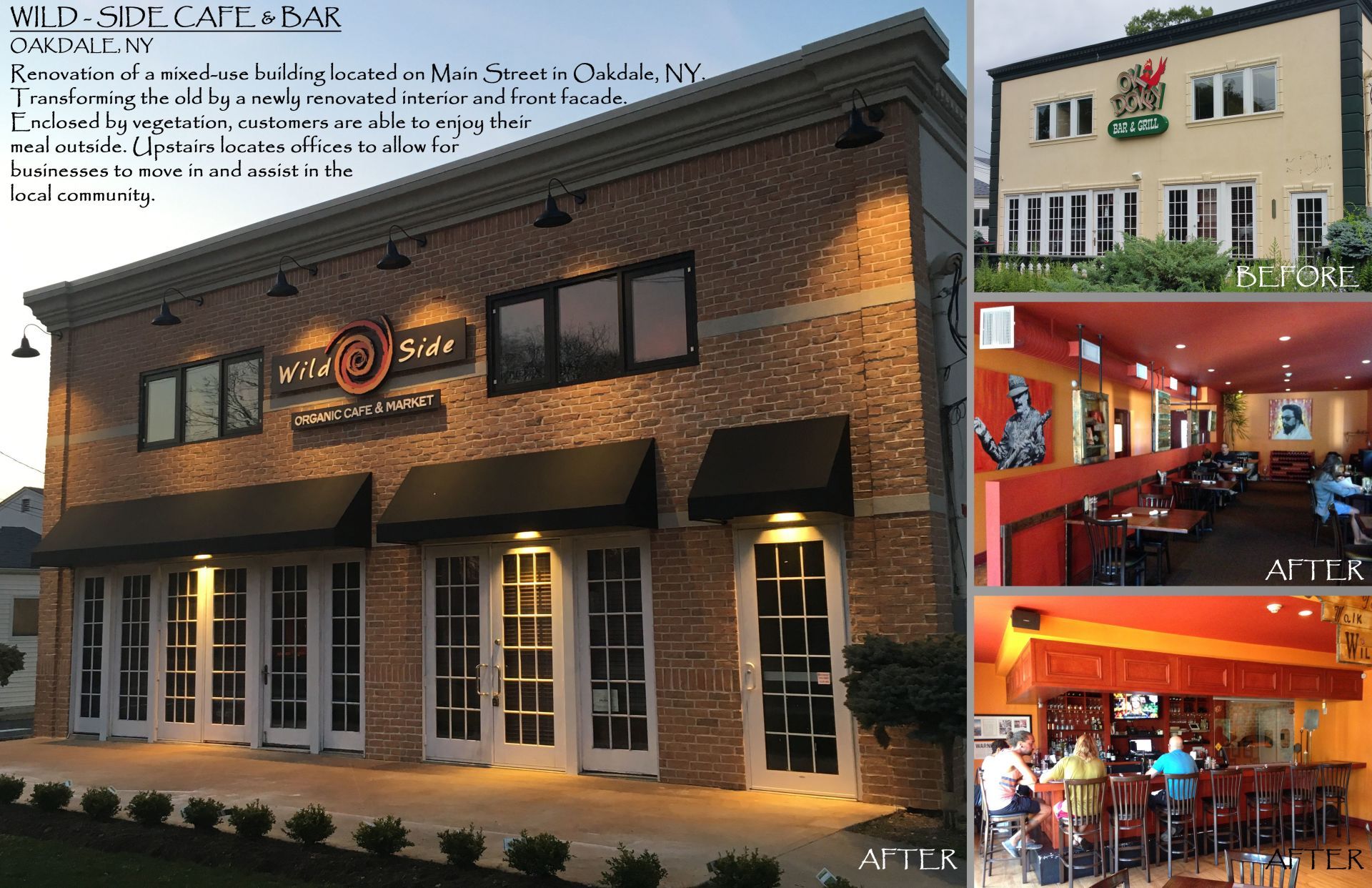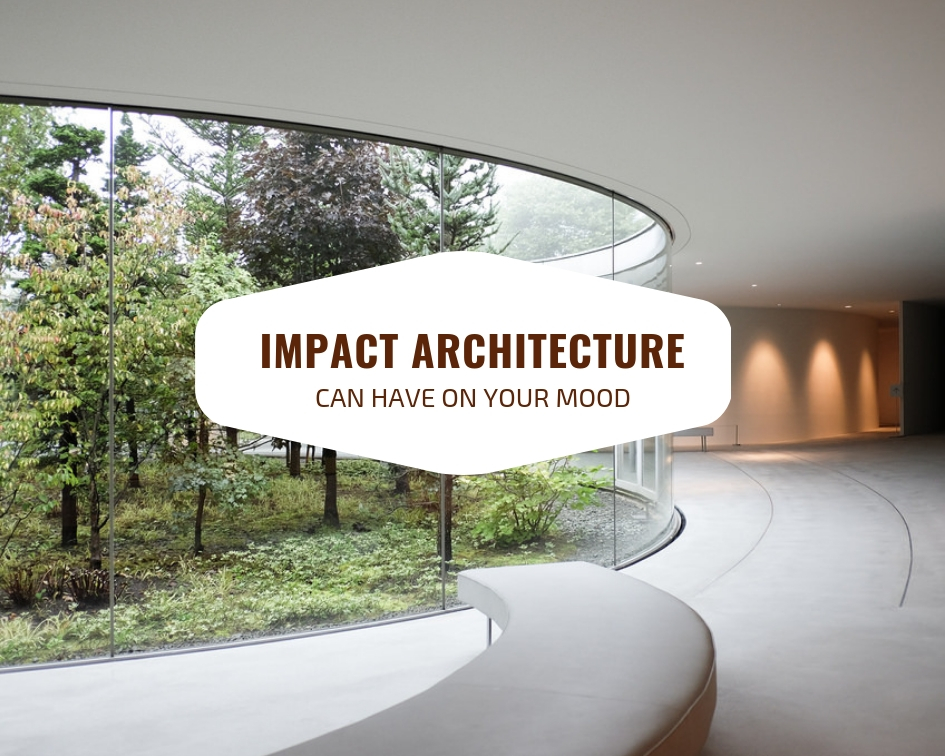What Is The Impact Of Architecture On The Revitalization Of Neglected Urban Areas?
 Architecture is an art and science of designing and constructing buildings and other physical structures. It has been an essential element in human civilization, and its evolution has been marked by several eras. With advancements in technology and materials, there has been a significant improvement in architectural designs over the years.
Architecture is an art and science of designing and constructing buildings and other physical structures. It has been an essential element in human civilization, and its evolution has been marked by several eras. With advancements in technology and materials, there has been a significant improvement in architectural designs over the years.
The field of architecture encompasses a wide range of disciplines, including design, engineering, and construction. It is a complex, multidisciplinary field that requires creativity, critical thinking, and problem-solving skills. An architect is responsible for designing and planning the construction of buildings, as well as overseeing the construction process.
Here are some of the essential aspects of architecture:
Design
The design process is a critical component of architecture. It involves developing concepts and plans for buildings, including their layout, structure, and aesthetics. Architects use a range of tools and techniques to create designs, including sketches, 3D models, and computer software. The design process also involves considering the needs of the building's occupants and the surrounding environment.
Engineering
Engineering plays a significant role in architecture, as it involves the technical aspects of building design and construction. It is up to the architect to ensure that the building is structurally sound and can withstand various environmental factors such as earthquakes or hurricanes. Engineers use sophisticated calculations and analysis to determine the best designs for a building's foundation, structure, and other critical elements.
Construction
Construction is the process of building a structure based on the architect's design and engineering plans. It involves selecting the appropriate materials, coordinating with contractors and subcontractors, and ensuring that the building meets all relevant building codes. Architects are responsible for overseeing the construction process to ensure that the building is built according to their design specifications.
Types of Architecture
Architecture encompasses a wide variety of structures, including residential homes, commercial buildings, and public spaces. Here are some of the different types of architecture:
Residential Architecture
Residential architecture involves the design and construction of homes, apartment buildings, and other residential structures. The goal of residential architecture is to create functional and comfortable living spaces that meet the needs of their occupants.
Commercial Architecture
Commercial architecture involves the design and construction of buildings that are used for commercial purposes, such as offices, retail stores, and warehouses. These buildings are typically designed to be efficient and functional, but they may also incorporate elements of aesthetics to enhance their appearance.
Landscape Architecture
Landscape architecture involves the design of outdoor spaces, including parks, gardens, and public plazas. Landscape architects work to create functional and beautiful outdoor environments that are aesthetically pleasing and serve the needs of their users.
Green Architecture
Green architecture, also known as sustainable architecture, involves designing and constructing buildings that are environmentally friendly and energy-efficient. These buildings use sustainable materials and technologies to reduce their impact on the environment and promote more efficient energy use.
Architectural Trends
Architecture is an ever-evolving field, and there have been several trends and movements throughout its history. Here are some of the current architectural trends:
Minimalism
Minimalism is a design philosophy that emphasizes simplicity and the use of few elements. In architecture, minimalist designs often focus on clean lines, neutral colors, and open space. They often make use of natural materials such as wood and concrete to create a sense of warmth and comfort.
New Urbanism
New Urbanism is a movement that seeks to create more walkable, mixed-use neighborhoods that promote social interaction and sustainability. It emphasizes the importance of community and encourages the use of public transportation and alternative modes of transportation such as bicycles.
Smart Homes
Smart homes are designed to incorporate technology and automation to improve the functionality and efficiency of a home. They often include features such as automated lighting, temperature control, and security systems, and can be controlled by a smartphone or tablet.
Conclusion
Architecture is a critical component of our society, and it plays a significant role in shaping our built environment. From the design and planning process to construction and beyond, architecture is a complex and multidisciplinary field that requires creativity, critical thinking, and technical expertise. Whether it is a residential home, commercial building, or public space, architecture continues to influence the way we live and interact with our environment.
FAQ
What does an architect do?
An architect is responsible for designing and planning the construction of buildings, as well as overseeing the construction process.
What are the different types of architecture?
The different types of architecture include residential architecture, commercial architecture, landscape architecture, and green architecture.
What is sustainable architecture?
Sustainable architecture, also known as green architecture, involves designing and constructing buildings that are environmentally friendly and energy-efficient.




Post a Comment for "What Is The Impact Of Architecture On The Revitalization Of Neglected Urban Areas?"